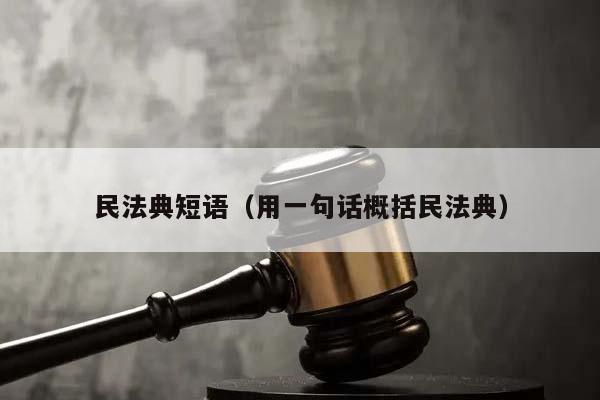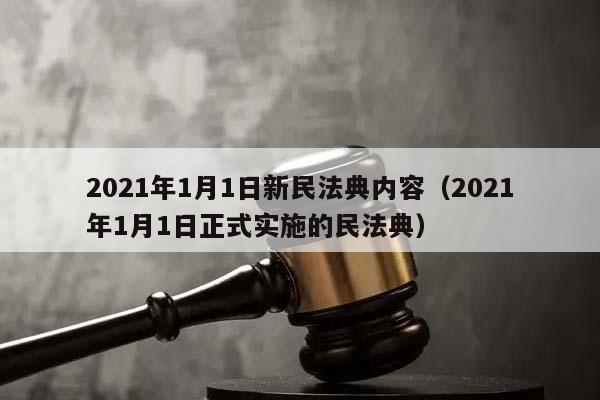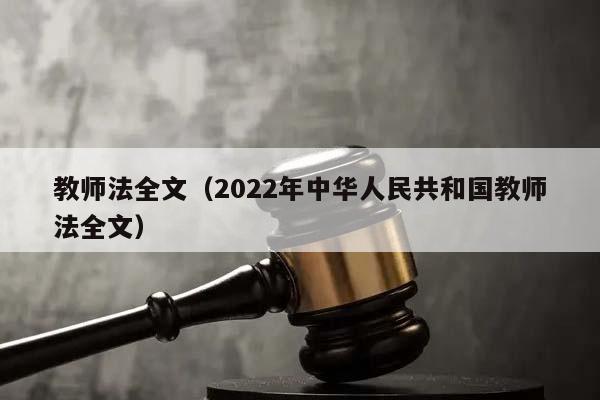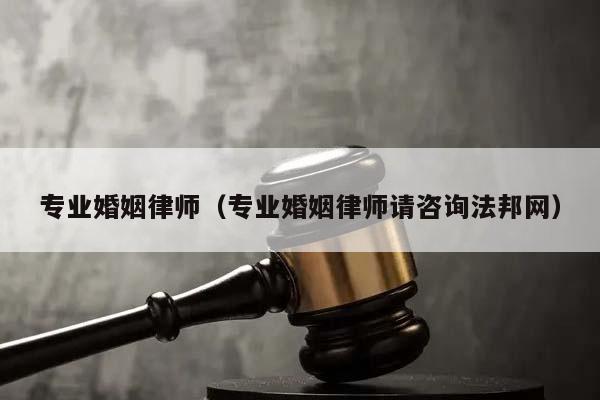民法典短语(用一句话概括民法典)
签订与签定的区别是什么
1、意思不同:
签订是指双方需要共同订立契约或者条
约;
签定是指不需要双方订立条
约。
2、过程不同:
签订有商讨后进行签订的过程和在条
约上签字的过程;
签定只有在条
约上签字的过程。
3、用法不同:
签订是更为专业的用法;
签定在法律角度来说,是不能使用的一个用语。
4、结构不同:
签订是并列结构;
签定是动宾结构。
“签订”的“订”是经过商讨而立下的意思。而“签定”的“定”的许多义项中,相关的义项也有“商定”意即通过协商使之确定。签订是一种过程,是一系列行为的综合,而签定是一种结果,是一系列行为后产生的状态。
"订"和"定"只能说从许多人的使用习惯上来说,很多地方通用,但从法律角度严谨来说,应该用“签订”合同,而根本就没有“签定”这个词,最多只能将两个字拆开理解,即通过签署合同而确定了某件事情。但从法律用语上说,应该写签订,而不应该写成签定。法律用语比较严谨,不应该乱用替代词,而让妄生歧义。因此,是签订合同,而非签定合同。
二、签订规定是什么?
《现代汉语词典》中也收录了“签订”一词,注释为“订立条约或合同并签字”,而没有收录“签定”。从词的结构来说,“签订”是并列结构,是一个词,而“签定”是动补结构,是一个短语,除了有“签订”的意思外,还指签订的条约或合同是确定不变的。也有人认为这是一组异形词,二者等义,但推荐使用“签订”。
总的说来,“签订”的“订”是经过商讨而立下的意思。而“签定”的“定”的许多义项中,相关的义项也有“商定”意即通过协商使之确定。从它们的含义可以看出,对于合同或者条约来说,似乎用“签订”或“签定”都是合适的,而且是“签”即签署——签了字就生效,程序和效力都一样。所以,两者的选用似乎就是习惯和规范用法的问题了。
从字面讲,签订是一种过程,是一系列行为的综合,是动态的表述,就是合同从酝酿到谈判,再到双方签字合同成立。而签定是一种结果,是一系列行为后产生的状态,是一种静态的表述,就是合同已经经过签订行为达到了双方希望的结果,合同不但已经成立而且大部分情况下已经生效,对双方已经设定了合同的权利义务。
法律依据:《民法典》第四百六十五条依法成立的合同,受法律保护。

求助一些关于法律方面的句子或短语(考口语用的)
1:The largest , most important family is the so-called civil-law family.
2: Civil-law systems are , generally speaking , “codified”systems:the basic law is set out in code.
3: Another influential civil code was Germany’s ,which dates from the late nineteenth century .
4: Judicial review was officially recognized in 1803 by the decision of the
United States Supreme Court in Marbury v.Madison .(P36)
5: Ripeness and mootness issues are related to standing and might be understood simply as standing in a time frame .(P39)
6: This means two things:the Court could ignore ripeness in a given case if it wants to get to the merits and Congress could remove ripeness as a barrier to review if it chose , by providing for review .
7: Mootness issues arise when the redressable harm is over and the case
therefore no longer presente a live controversy .
8: Executive orders and executive agreements are widely used in foreign
Affairs .(P40)
9: While many of the country’s most important international commitments are still made b way of the formal treaty process .
10: But the President has used American troops several times in history without going to Congress for a declaration of war .(P41)
11: Federalism is most visible in its limitations on actions of the states
through the supremacy clause .(P42)
12: Similarly ,the Court has prohibited discriminatory exemptions from income taxation that a state provided for retirement pay of state and local
governmental employees , but not federal enmloyees .
13: “the powers not delegated to the United States by the Constitution , nor prohibited by it to the States , are reserved to the States respectively ,to the people.”
14: Criminal Law ,branch of law that defines crimes ,establishes punishments .(P74)
15: Criminal law includes both substantive law , which is addressed in this article .
16: Crimes are claeeified in many different ways
17: An important classification is the division of crimes into felonies or misdemeanors .
18: In other jurisdictions , crimes punishable by imprisonment for one year or more are felonies , and those punishable by fine or imprisonment for less than one year are misdemeanors.
19: The crime of muder is loosely defined as the unlawful killing of a human being by a person who had an intent to kill .(P76)
解析:
1:The largest , most important family is the so-called civil-law family.
民法所指的法系,有最大最重要之意。
2: Civil-law systems are , generally speaking , “codified” systems: the basic law is set out in code.
一般而言,民法体系乃是“法典化”体系,即:其基本法律以法典呈现。
3: Another influential civil code was Germany’s ,which dates from the late nineteenth century .
德国民法典发端于十九世纪晚期,为另一颇具影响力的民法典。
4: Judicial review was officially recognized in 1803 by the decision of the
United States Supreme Court in Marbury v.Madison .(P36)
1803年,全美最高法院对Marbury v.Madison案的一纸裁决正式认可了司法复审制度。(36页)
5: Ripeness and mootness issues are related to standing and might be understood simply as standing in a time frame .(P39)
实然与未然问题关乎持续力,对其理解易流于简单的时间上的持续力。(39页)
6: This means two things: the Court could ignore ripeness in a given case if it wants to get to the merits and Congress could remove ripeness as a barrier to review if it chose , by providing for review .
这便意味着两种情况:最高法院若为事功计,在具体案件上可能会撇开实然性问题;议会这方面,鉴于复议之需,如采纳实然性,则在复议时,又可能因其构成障碍而将其抛弃。
7: Mootness issues arise when the redressable harm is over and the case
therefore no longer presente a live controversy .
当案件的可救济型伤害已了结,因而实际纠纷也不复存在时,未然性问题便出现了。
8: Executive orders and executive agreements are widely used in foreign
Affairs .(P40)
行政令与行政协定在外交事务中广为采用。(40页)
9: While many of the country’s most important international commitments are still made b way of the formal treaty process .
国家为数不少的至为重要的国际承诺仍是通过正式条约程序达成。
10: But the President has used American troops several times in history without going to Congress for a declaration of war .(P41)
但是历史上已有几次先例,不通过议会程序宣战,总统便径行动用武力开战。(41页)
11: Federalism is most visible in its limitations on actions of the states
through the supremacy clause .(P42)
联邦主义在对联邦诉诸最高条款的诉讼限制上,表现最为明显。
12: Similarly ,the Court has prohibited discriminatory exemptions from income taxation that a state provided for retirement pay of state and local
governmental employees , but not federal employees .
各州为备付本州本地方政府而非联邦的职员退休金,所征收的收入所得税的歧视性免除,也已为最高法院所禁止。
13: “the powers not delegated to the United States by the Constitution, nor prohibited by it to the States , are reserved to the States respectively ,to the people.”
联邦宪法未赋予联邦,也未对联邦禁止的权力,分属联邦及人民。
14: Criminal Law, branch of law that defines crimes, establishes punishments. (P74)
刑法作为部门法,界定罪,并确定刑罚。(74页)
15: Criminal law includes both substantive law , which is addressed in this article .
刑法包括两类实体法,本文对此进行了阐述。
16: Crimes are claeeified in many different ways
罪的分类不拘一格。
17: An important classification is the division of crimes into felonies or misdemeanors .
罪的一种重要分类,是厘分轻罪与重罪。
18: In other jurisdictions, crimes punishable by imprisonment for one year or more are felonies , and those punishable by fine or imprisonment for less than one year are misdemeanors.
判决处以一年或一年以上徒刑的为重罪,处以罚款或一年以下徒刑的为轻罪。
19: The crime of muder is loosely defined as the unlawful killing of a human being by a person who had an intent to kill .(P76)
谋杀罪的宽泛定义为,带有致人死亡意图者非法致人死亡。(76页)
关于law 的一些词组!谢谢
Law:法律(体系),法规,法律学,规则,规章,规律,法则,原理,定律
law of the jungle:弱肉强食,丛林法则
law of averages:平均律
be a law unto yourself:自行其是,我行我素
go to law: 打官司
law and order: 法治,治安,遵纪守法
lay down the law: 发号施令,严格规定
there is no law against sth:(对付批评自己的人)谁也管不着
文章版权声明:除非注明,否则均为 六尺法律咨询网 原创文章,转载或复制请以超链接形式并注明出处。























